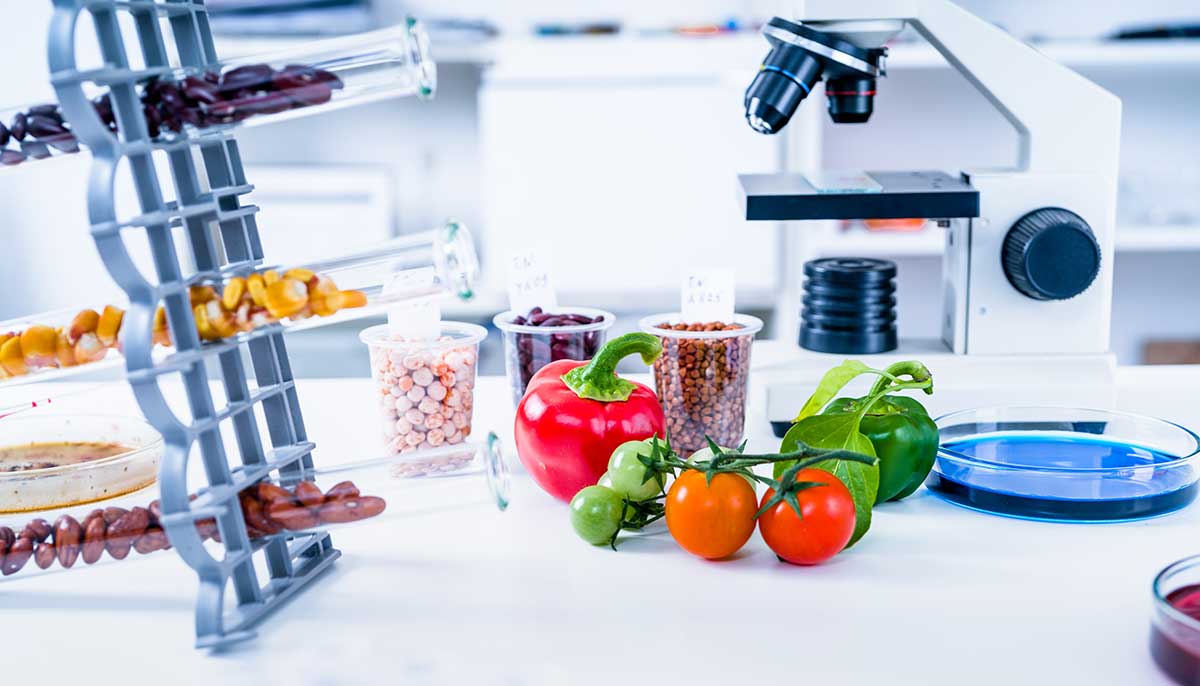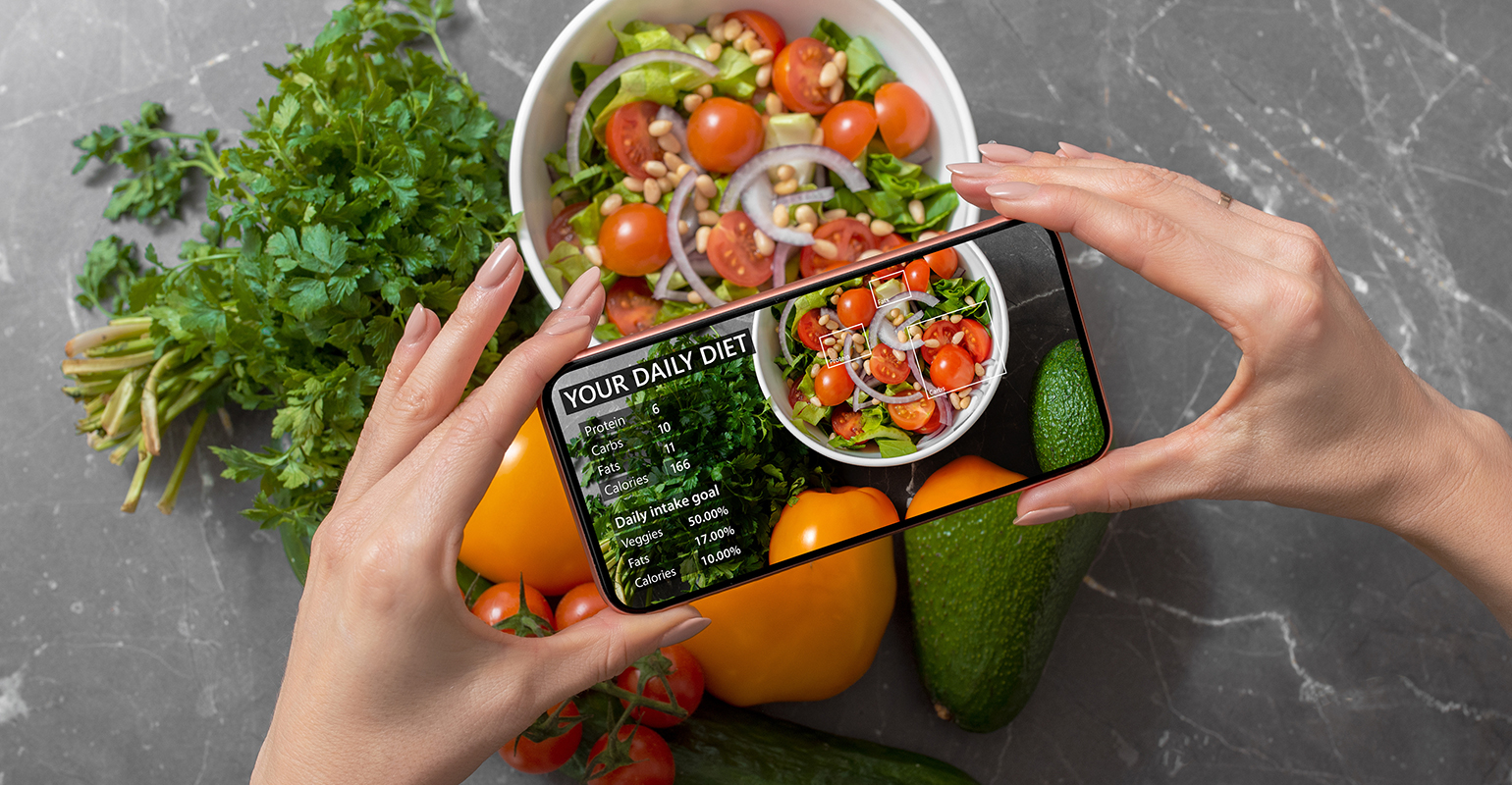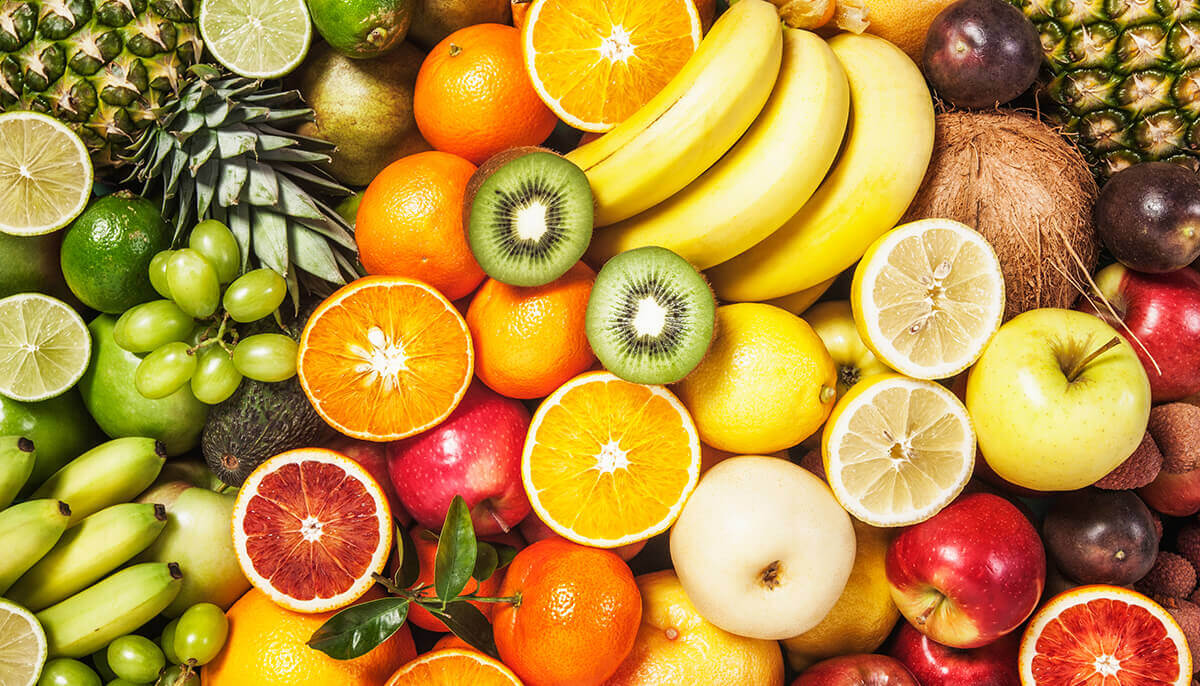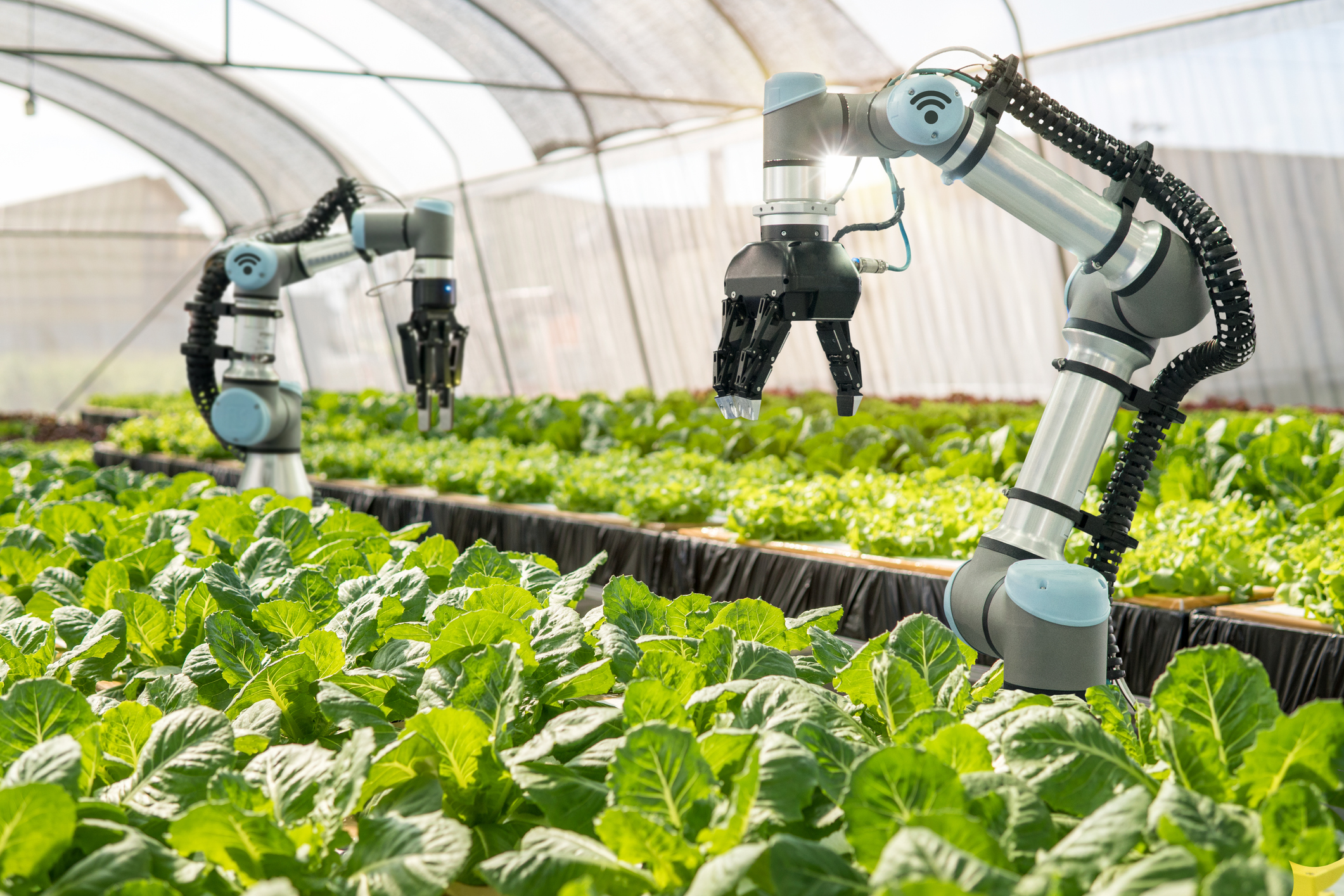Top 10 Best Food Tech Companies in Europe 2023
Top 10 Best Food Tech Companies in Europe 2023

Food tech companies in Europe are revolutionizing the way we produce, distribute, and consume food. With increasing concerns over food waste, sustainability, and health, these companies are leveraging technology to create innovative solutions to some of the biggest challenges facing the food industry today.

Here are the top 10 best food tech companies in Europe to watch in 2023:
- Wolt
Wolt is a Helsinki-based food delivery company that has rapidly expanded across Europe, offering delivery services in over 20 countries. Wolt uses machine learning algorithms to optimize its delivery routes, reducing delivery times and improving efficiency. The company also partners with local restaurants and food producers to offer a wide range of high-quality food options to its customers.

Wolt is a Helsinki-based food delivery company that has rapidly expanded across Europe, offering delivery services in over 20 countries. Founded in 2014, the company has quickly established itself as one of the leading food delivery platforms in Europe, delivering high-quality food from local restaurants to customers’ doors.
One of the key factors behind Wolt’s success has been its focus on customer experience. The company’s app offers a simple and intuitive interface, allowing customers to easily browse and order from a wide range of restaurants in their local area.
Wolt also offers a variety of delivery options, including on-demand delivery and scheduled delivery, giving customers the flexibility to choose a delivery time that suits their needs.
Another key aspect of Wolt’s success has been its focus on quality. The company carefully selects its restaurant partners, ensuring that they meet strict quality standards for food and service. Wolt also uses machine learning algorithms to optimize its delivery routes, reducing delivery times and improving efficiency.
In addition to its delivery services, Wolt has also expanded into the grocery delivery market. The company offers a range of grocery products from local supermarkets and specialty stores, delivering them directly to customers’ doors. This move into the grocery delivery market has helped Wolt to diversify its revenue streams and expand its customer base.
Wolt’s success has not gone unnoticed by investors, with the company raising over $850 million in funding to date. The company’s latest funding round, completed in December 2021, valued the company at $13 billion, making it one of the most valuable private companies in Europe.
- Infarm
Infarm is a Berlin-based company that produces modular indoor farms that can be installed in restaurants, supermarkets, and other urban spaces. These farms use hydroponic technology to grow fresh produce year-round, reducing food waste and transportation costs. Infarm has partnered with several major retailers and restaurants to bring its indoor farms to consumers across Europe.
The company produces modular indoor farms that can be installed in restaurants, supermarkets, and other urban spaces, allowing fresh produce to be grown locally and year-round.
Using hydroponic technology, Infarm’s indoor farms use a fraction of the water and land required for traditional farming methods. The company also uses data and analytics to optimize plant growth, ensuring that each plant receives the perfect balance of nutrients and light.
One of the key benefits of Infarm’s indoor farms is their ability to reduce food waste. Because the farms can be installed in urban areas, produce can be grown close to where it is consumed, reducing transportation costs and ensuring that fresh produce is always available. Infarm also uses a circular farming system, where nutrients are continually recycled, reducing waste and improving sustainability.
Infarm has partnered with several major retailers and restaurants to bring its indoor farms to consumers across Europe. The company’s farm-to-table approach has resonated with consumers, who are increasingly concerned with the environmental and health impacts of their food choices.
In addition to its indoor farms, Infarm has also developed a digital platform that allows customers to track the progress of their plants and receive personalized growing tips. This platform helps to create a more engaging and educational experience for customers, while also providing valuable data and insights for Infarm’s plant scientists.
Infarm’s innovative approach to food production has not gone unnoticed by investors, with the company raising over $300 million in funding to date. The company’s latest funding round, completed in November 2021, valued the company at over $1 billion, making it one of the most valuable food tech companies in Europe.
In conclusion, both Wolt and Infarm are at the forefront of innovation in the food industry, using technology to create new solutions to some of the biggest challenges facing the sector. While Wolt focuses on improving the delivery experience and expanding into new markets, Infarm is using technology to revolutionize the way we grow and consume fresh produce.

- Too Good To Go
Too Good To Go is a Copenhagen-based company that aims to reduce food waste by partnering with restaurants, cafes, and other food businesses to sell excess food at discounted prices. The company’s app allows customers to browse and purchase surplus food from local businesses, reducing food waste and providing affordable meal options for consumers.
Too Good To Go is a Danish company that is on a mission to reduce food waste by connecting consumers with local restaurants and grocery stores that have excess food at the end of the day. The company was founded in 2016 and has since expanded to over 15 countries across Europe.
Too Good To Go’s app allows customers to browse and purchase excess food from local businesses at a reduced price, reducing food waste and providing affordable meal options for consumers. The company has partnerships with several major food retailers and restaurants and has helped to divert millions of meals from going to waste.
One of the key benefits of Too Good To Go’s approach is its focus on sustainability. By reducing food waste, the company is helping to reduce the environmental impact of food production and consumption. Too Good To Go also works closely with its partners to help them reduce food waste in the first place, providing them with data and insights that can help them better manage their inventory and reduce overproduction.
Too Good To Go has also launched several initiatives to help raise awareness about food waste and encourage more sustainable food practices. These initiatives include educational campaigns and partnerships with sustainability-focused organizations. This means to the food industry and is helping to create a more sustainable and efficient food system for the future.

- Deliveroo
Deliveroo is a London-based food delivery company that has quickly become one of the largest food delivery platforms in Europe. The company partners with over 140,000 restaurants across 13 countries, offering a wide range of food options to its customers. Deliveroo also uses machine learning algorithms to optimize its delivery routes and improve efficiency.
Deliveroo is a UK-based food delivery company that operates in over 12 countries across Europe, Asia, and the Middle East. The company was founded in 2013 and has since grown to become one of the largest food delivery platforms in the world.
One of the key factors behind Deliveroo’s success has been its focus on technology and innovation. The company’s app offers a simple and intuitive interface, allowing customers to easily browse and order from a wide range of restaurants in their local area.
Deliveroo also uses machine learning algorithms to optimize its delivery routes, reducing delivery times and improving efficiency.
Another key aspect of Deliveroo’s success has been its focus on quality. The company carefully selects its restaurant partners, ensuring that they meet strict quality standards for food and service. Deliveroo also offers a variety of delivery options, including on-demand delivery and scheduled delivery, giving customers the flexibility to choose a delivery time that suits their needs.
In addition to its delivery services, Deliveroo has also expanded into the grocery and alcohol delivery markets. The company offers a range of grocery and alcohol products from local supermarkets and specialty stores, delivering them directly to customers’ doors. This move into the grocery and alcohol delivery markets has helped Deliveroo to diversify its revenue streams and expand its customer base.
Deliveroo has faced some criticism in recent years over its treatment of its delivery riders. However, the company has taken steps to address these concerns, including introducing new policies around rider safety and benefits.
In conclusion, both Deliveroo and Too Good To Go are using technology to create innovative solutions to some of the biggest challenges facing the food industry today. While Deliveroo focuses on improving the delivery experience and expanding into new markets, Too Good To Go is using technology to reduce food waste and promote sustainability. Both companies are making important contributions.

- Mosa Meat
Mosa Meat is a Dutch company that produces lab-grown meat using cell cultures. The company’s technology allows for the production of meat without the need for animal slaughter, reducing the environmental impact of meat production and providing a more sustainable source of protein. Mosa Meat has received significant investment from major food companies and is expected to launch its lab-grown meat products in Europe in the near future.
Mosa Meat is a Dutch food tech company that specializes in the development of lab-grown meat. The company was founded in 2016 and has since made significant strides in the development of cultured meat technology.
Mosa Meat’s approach to cultured meat involves taking a small sample of animal cells and using them to grow muscle tissue in a lab setting. This tissue can then be harvested and processed into meat products, without the need for animal slaughter. This approach has the potential to revolutionize the meat industry, providing a more sustainable and ethical alternative to traditional meat production.
One of the key challenges facing Mosa Meat and other cultured meat companies is the scalability of their technology. Currently, the cost of producing cultured meat is still relatively high, and the technology is not yet capable of producing meat at the scale required to meet global demand. However, Mosa Meat and other companies in the industry are continuing to invest in research and development to overcome these challenges and bring cultured meat to market.

- Olio
Olio is a London-based company that aims to reduce food waste by connecting consumers with surplus food from local businesses. The company’s app allows users to browse and claim excess food from restaurants, cafes, and other food businesses, reducing food waste and providing affordable meal options for consumers. Olio has expanded rapidly across Europe and has partnerships with several major food retailers.

- Gousto
Gousto is a London-based meal kit delivery company that offers customers the ability to cook restaurant-quality meals at home. The company’s meal kits contain pre-measured ingredients and recipe cards, making it easy for customers to prepare meals at home. Gousto partners with local farmers and food producers to source high-quality ingredients for its meal kits.
Gousto is a UK-based meal kit delivery company that aims to make home cooking more accessible and convenient. The company was founded in 2012 and has since grown to become one of the leading meal kit providers in the UK.
Gousto’s approach to meal kits is based on its unique recipe development process. The company works with a team of chefs to create new and innovative recipes, which are then tested and refined based on customer feedback. This ensures that the recipes are not only delicious but also easy to prepare and use high-quality ingredients.
One of the key benefits of Gousto’s meal kits is their convenience. The company delivers pre-portioned ingredients directly to customers’ doors, eliminating the need for grocery shopping and reducing food waste. Gousto also offers a range of meal plans to suit different dietary requirements and preferences, making it easy for customers to find meals that fit their needs.
Gousto has also made sustainability a key focus of its operations. The company works with suppliers to source high-quality, sustainably-produced ingredients, and uses recyclable packaging for its meal kits. Gousto has also launched several initiatives to reduce food waste, including a partnership with Too Good To Go, which allows customers to purchase excess food from Gousto’s suppliers at a reduced price.
In conclusion, both Mosa Meat and Gousto are using technology to create innovative solutions to some of the biggest challenges facing the food industry today. While Mosa Meat is focused on developing sustainable and ethical alternatives to traditional meat production, Gousto is using technology to make home cooking more convenient and accessible while promoting sustainability. Both companies are making important contributions to the food industry and are helping to create a more sustainable and efficient food system for the future.
- AgriTech
AgriTech is a French company that produces vertical farms that use hydroponic technology to grow fresh produce. These farms can be installed in urban areas, reducing transportation costs and providing consumers with access to fresh, locally-grown produce. AgriTech has partnered with several major retailers and food producers to bring its vertical farms to consumers across Europe.

- Farmdrop
Farmdrop is a London-based company that connects consumers with local farmers and food producers, providing a more sustainable and transparent food supply chain. The company’s online platform allows consumers to purchase fresh, locally sourced food directly from farmers and food producers, reducing transportation costs and supporting local communities.

- Karma
Karma is a Stockholm-based company that aims to reduce food waste by partnering with local food retailers and restaurants to sell surplus food at discounted prices. The company’s app allows customers to
browse and purchase excess food from local businesses, reducing food waste and providing affordable meal options for consumers. Karma has expanded rapidly across Europe and has partnerships with several major food retailers and restaurants.
These top 10 food tech companies in Europe are leading the way in creating innovative solutions to some of the biggest challenges facing the food industry today. From reducing food waste and improving sustainability to offering new sources of protein and providing consumers with access to locally sourced food, these companies are reshaping the way we think about food production, distribution, and consumption.
As consumers become increasingly concerned with the environmental and health impacts of their food choices, food tech companies in Europe will continue to play a vital role in shaping the future of the food industry. By leveraging technology and innovation, these companies are creating a more sustainable, efficient, and transparent food system that benefits consumers, producers, and the planet.




